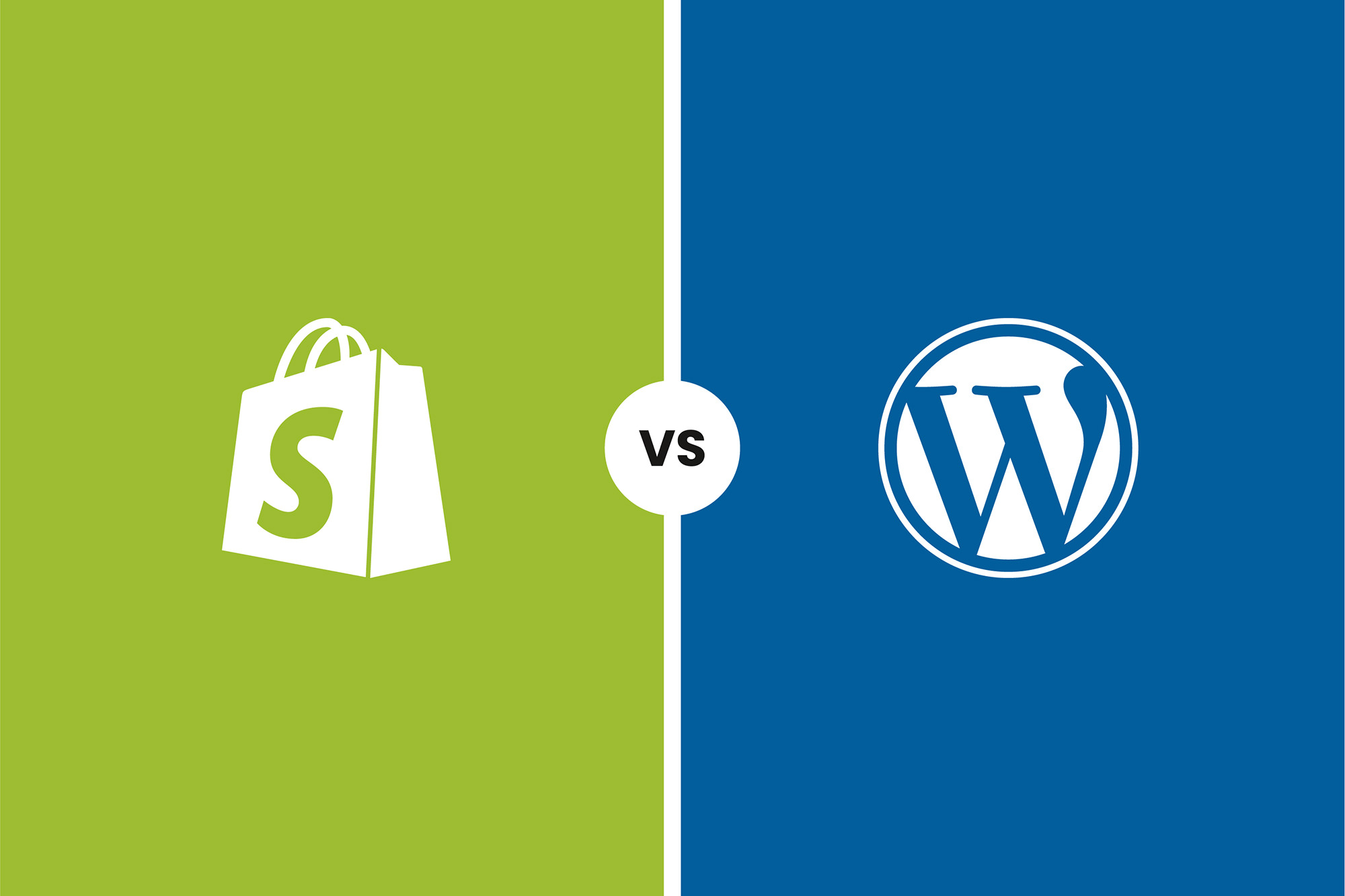Non-profit organisations play a vital role in serving the common good and providing essential services to their communities. While their primary focus is on public service, they still need to operate like businesses in many ways. This includes having a well-designed and functional website to help raise donations, spread awareness, and engage with their audience. WordPress non-profit websites are an ideal solution, offering a powerful platform with a wealth of tools and resources specifically tailored for non-profit organisations.
In this comprehensive guide, we will explore the benefits of using WordPress for non-profit websites, highlight some successful examples of non-profits using the platform, and provide practical advice on themes, plugins, and other essential resources to help you build your own WordPress non-profit site.
Why choose WordPress for non-profit websites?
WordPress is a popular content management system (CMS) and web design platform that offers many benefits for non-profit organisations. Here are some key reasons why WordPress is a great choice for non-profits:
Affordability: WordPress is free and open-source software, making it an ideal choice for non-profit organisations with limited budgets. While you may need to invest in hosting, domain registration, and premium themes or plugins, the core WordPress software is available at no cost.
Flexibility and customisability: With thousands of themes and plugins available, WordPress allows you to create a unique and fully customised website that meets the specific needs of your non-profit organisation. You can easily change the look and feel of your site, add new features and functionality, and tailor the user experience to suit your audience.
Ease of use: WordPress is known for its user-friendly interface, making it easy for non-technical users to manage and update their website content. This allows busy non-profit organisations to focus on their core activities while still maintaining a professional online presence.
Community support: The WordPress community is vast and active, offering a wealth of resources, tutorials, and support forums to help you make the most of the platform. This means you can find answers to your questions and get help with any issues you may encounter while building your non-profit website.
SEO and social media integration: WordPress is designed with search engine optimisation (SEO) in mind, helping your non-profit website rank higher in search results and attract more visitors. Additionally, many themes and plugins offer built-in social media integration, making it easy for your audience to share your content and engage with your organization online.
Successful examples of non-profits using WordPress
Before diving into the details of building your own WordPress non-profit website, let’s take a look at some successful examples of non-profit organisations that have already adopted the platform:
Global Voices: Global Voices is a volunteer-based news site that promotes citizen media reporting from around the world, giving a platform to underrepresented voices and fighting censorship. Their WordPress site features a simple but effective design, easily managing the vast amount of content they produce.
Charity: Water: Charity: Water aims to bring clean and safe drinking water to every person in the world. Their WordPress site features eye-catching graphics, fullscreen images and videos, and prominent calls-to-action, helping to convey the importance of their work and encourage donations.
Downtown St. John’s: Downtown St. John’s is a volunteer organization dedicated to preserving the historic downtown area of St. John’s. Their WordPress site provides a wealth of information for visitors, with interesting dropdown effects and a hovering side navigation for displaying featured content.
The David Nott Foundation: The David Nott Foundation is dedicated to delivering the specialist training that surgeons need to save lives in countries affected by conflict and catastrophe. This website was built by the team at Metal Potato, and features engaging photos, prominent donation calls-to-action, and easy-to-understand ways for visitors to get involved in their cause. You can read more about this project at its web design case study.
These examples demonstrate the versatility and power of WordPress for non-profit organisations, showcasing how the platform can be adapted to suit a wide range of needs and objectives.
Choosing the right theme
A well-designed theme is essential for creating a professional and effective WordPress non-profit website. While many non-profit sites use custom themes, there are also numerous pre-made themes available that offer the features and functionality required for non-profit organisations. Here are a few popular options to consider:
NonProfit Theme: The NonProfit Theme by Organic Themes is a lightweight, responsive, and retina-optimised theme designed specifically for charities and non-profits. It includes multiple page templates, featured videos, shortcodes, and support for WooCommerce and Gravity Forms, making it easy to set up a donation system and online store.
Charitas: Charitas by WP Look is a responsive theme optimised for speed and customisation, making it perfect for non-profit organisations. It includes advanced theme options, unlimited colour schemes, a child theme, and integrated PayPal support for easy donation collection.
Kedavra: Kedavra is a modern and professional theme suitable for both non-profit organisations and standard businesses. It offers a responsive design, unlimited colour options, and a drag-and-drop layout builder through SiteOrigin Page Builder
Essential WordPress plugins for non-profit websites
While a well-designed theme is crucial, you may also need to enhance your website’s functionality with specific WordPress plugins. Many plugins can serve a variety of website types, but some are particularly well-suited to non-profit organisations. Here are some essential plugins to consider for your WordPress non-profit website:
HubSpot: HubSpot’s WordPress plugin allows you to attract, engage, and delight your contacts and customers. With built-in analytics, live chat, and marketing email capabilities, HubSpot makes it easy to manage all your contacts and customers while measuring your success.
Jetpack: The Jetpack plugin integrates your site with various WordPress.com features, allowing you to better manage your site’s analytics, performance, and security. Key modules include Related Posts, Publicise, Sharing, image performance enhancement, Analytics, Custom CSS, Contact Forms, Notifications, Galleries, and more.
Forminator: For powerful and customisable contact forms, our Forminator plugin is an excellent choice. With a wide range of customisation options, fields, and third-party integration, Forminator allows you to create engaging and effective contact forms for your non-profit website.
The Events Calendar: Many non-profit organisations host events to raise awareness and funds for their cause. The Events Calendar plugin allows you to easily create and manage professional-looking calendars for your website, helping to promote your events and engage your audience.
Content strategy
A successful non-profit website requires more than just an attractive design and useful features; it also needs engaging and informative content that resonates with your audience. Here are some tips for creating a compelling content strategy for your WordPress non-profit website:
Tell your story: Your non-profit organisation has a unique story that sets it apart from others. Use your website to share this story, highlighting your mission, vision, and values, and providing insight into the people behind the organisation.
Showcase your impact: Demonstrate the tangible impact of your non-profit organisation by sharing success stories, testimonials, and case studies. Highlight the difference your organisation has made in the lives of individuals and communities, and show your supporters how their donations and involvement have contributed to this success.
Provide educational resources: Educate your audience about the issues your non-profit organisation addresses by providing informative articles, reports, and multimedia resources. Establish your organisation as a thought leader and trusted source of information in your field, and encourage visitors to engage with your content and share it with their networks.
Maintain an active blog: An active blog is an essential component of any successful non-profit website. Regularly publish articles and updates that are relevant to your audience, showcasing your organisations work, sharing news and events, and providing insights into the issues you address. A well-maintained blog can help to drive traffic to your website, improve your search engine rankings, and encourage social media sharing.
SEO for non-profit websites
To ensure your non-profit website reaches its target audience, it’s essential to optimise your site for search engines. Here are some key SEO tips to help improve your website’s visibility and attract more visitors:
Conduct keyword research: Identify the keywords and phrases your target audience is likely to use when searching for information related to your non-profit organisation. Use tools like Google Keyword Planner or Moz Keyword Explorer to find relevant, high-traffic keywords with low competition.
Optimise your content: Incorporate your target keywords into your website content, including page titles, headings, body text, and image alt tags. Be sure to use your keywords naturally and avoid keyword stuffing, as this can harm your site’s search engine rankings.
Build high-quality backlinks: Obtain high-quality backlinks from authoritative websites in your niche by creating valuable, shareable content and engaging with other organisations and influencers in your field. Backlinks from reputable sources can significantly improve your site’s search engine rankings.
Improve site speed and performance: Ensure your website loads quickly and performs well on all devices by optimising images, using caching plugins, and implementing a content delivery network (CDN). A fast, responsive website is not only more user-friendly, but it can also boost your search engine rankings.
Social media integration for non-profit websites
Social media is a powerful tool for non-profit organisations, allowing you to connect with your audience, share your message, and build a loyal community of supporters. To make the most of social media, it’s essential to integrate it into your WordPress non-profit website. Here are some tips for effective social media integration:
Add social sharing buttons: Make it easy for visitors to share your content on social media by adding social sharing buttons to your website. You can use plugins like The Events Calendar or The Events Calendar to easily add customisable sharing buttons to your site.
Embed social media feeds: Showcase your non-profit organisation’s social media presence on your website by embedding your social media feeds directly into your site. Plugins like The Events Calendar and The Events Calendar allow you to display your Facebook and Twitter feeds in a professional, customisable format.
Encourage user-generated content: Engage your audience and encourage them to share their experiences with your non-profit organisation on social media. You can use hashtags, photo contests, and other interactive campaigns to generate user-generated content and foster a sense of community among your supporters.
Fundraising and donation tools for non-profit websites
Raising funds is a critical aspect of many non-profit organizations, and your website is an essential platform for collecting donations and managing fundraising campaigns. Here are some useful tools and plugins to help you streamline your fundraising efforts:
GiveWP: is a powerful donation plugin that allows you to accept donations directly on your WordPress non-profit website. The plugin offers a range of features, including customisable donation forms, donor management, reporting, and integration with popular payment gateways like PayPal and Stripe.
WooCommerce: is a popular e-commerce plugin that can be used to sell products, event tickets, or accept donations on your non-profit website. With a range of extensions and add-ons available, WooCommerce offers a flexible solution for managing your organisation’s online sales and fundraising efforts.
Charitable: is a donation plugin designed specifically for non-profit organisations, offering an easy-to-use solution for creating fundraising campaigns and accepting donations on your website. Key features include customisable donation forms, donor management, and integration with popular payment gateways like PayPal, Stripe, and Authorize.Net.
Easy digital downloads: is a versatile e-commerce plugin that allows you to sell digital products, such as ebooks, reports, or multimedia resources, on your non-profit website. With a range of extensions and add-ons available, Easy Digital Downloads can be tailored to suit your organisation’s needs and help you generate additional revenue.
Ongoing website maintenance and support
Once your WordPress non-profit website is up and running, it’s essential to keep it well-maintained and up-to-date to ensure optimal performance and security. Here are some tips for ongoing website maintenance and support:
Keep WordPress, themes, and plugins updated: Regularly update your WordPress installation, themes, and plugins to ensure you’re running the latest versions. This will help to protect your website from security vulnerabilities and ensure it continues to perform well. Consider a professional WordPress hosting and maintenance plan, such Potato Care.
Monitor and optimise site performance: Use tools like Google Analytics and Google Search Console to monitor your website’s performance and identify areas for improvement. Regularly review your site’s load times, mobile responsiveness, and SEO performance to ensure it continues to meet the needs of your audience.
Regularly back up your website: Protect your website’s data by regularly backing up your site’s files and database. Use plugins like UpdraftPlus or BackupBuddy to automate the backup process and store your backups in a secure, off-site location.
Seek ongoing support and assistance: Consider partnering with a professional web design agency, like Metal Potato, to ensure your non-profit website remains well-maintained and up-to-date. With expert support and assistance, you can focus on your organisation’s core activities while ensuring your website continues to serve your audience effectively.
Conclusion
Building a successful WordPress non-profit website requires careful planning, the right tools and resources, and a commitment to ongoing maintenance and support. By following the advice and guidance provided in this comprehensive guide, you can create a professional and engaging website that helps your non-profit organisation achieve its objectives and make a positive impact in the world.
Ready to take your non-profit website to the next level? Get in touch with us today to explore our range of services if you’re eager to elevate your business to the next level.
Let's make a website!
Book a FREE video call to discuss your business, project strategy, and more!
"*" indicates required fields
More from Metal Potato
5 Essential WordPress Security Plugins
Boost your website's defense with top-rated WordPress security plugins. Ensure ultimate protection against cyber threats today!
The Power of a WordPress Support Retainer
Elevate your site's performance with a WordPress support retainer – expert maintenance, and guidance for success!
How to Launch a Podcast on WordPress
Launch your podcast on WordPress: from equipment selection to SEO optimisation, follow our guide for a successful podcast journey.
10 Compelling Reasons to Choose WordPress
Discover why WordPress is your ultimate website platform choice! Free, customisable, and supported by a thriving community.
6 Essential Tips for WordPress Website Owners
Boost WordPress site: backups, updates, style guides & more for top performance, security & user experience!
Migrate from Shopify to WooCommerce
Move from Shopify to WooCommerce effortlessly for control, flexibility & cost savings. Follow our step-by-step guide.






